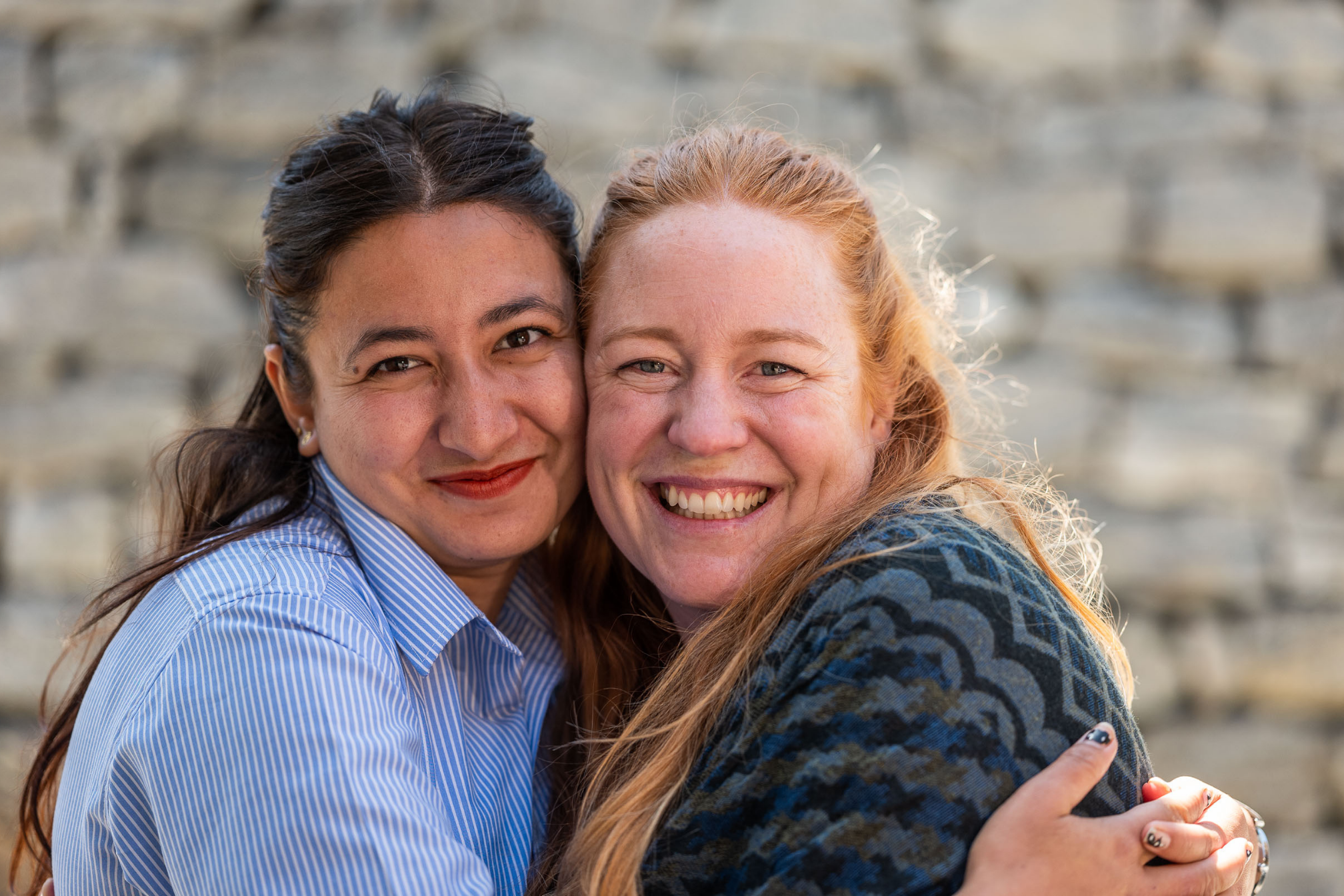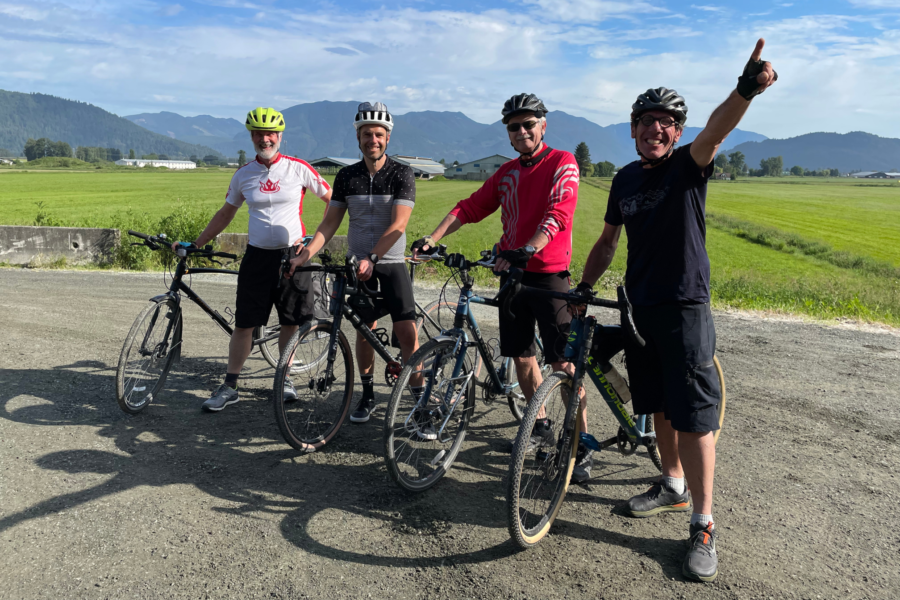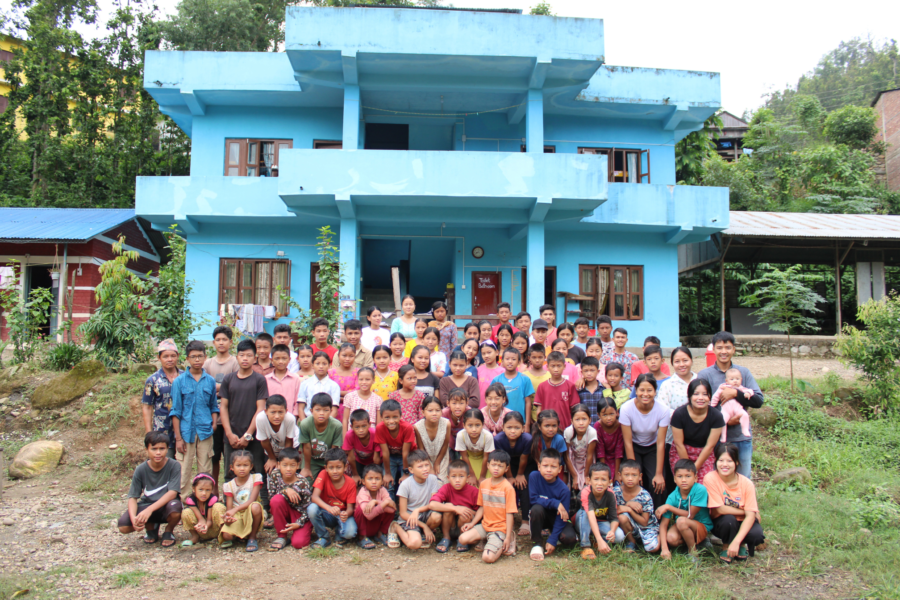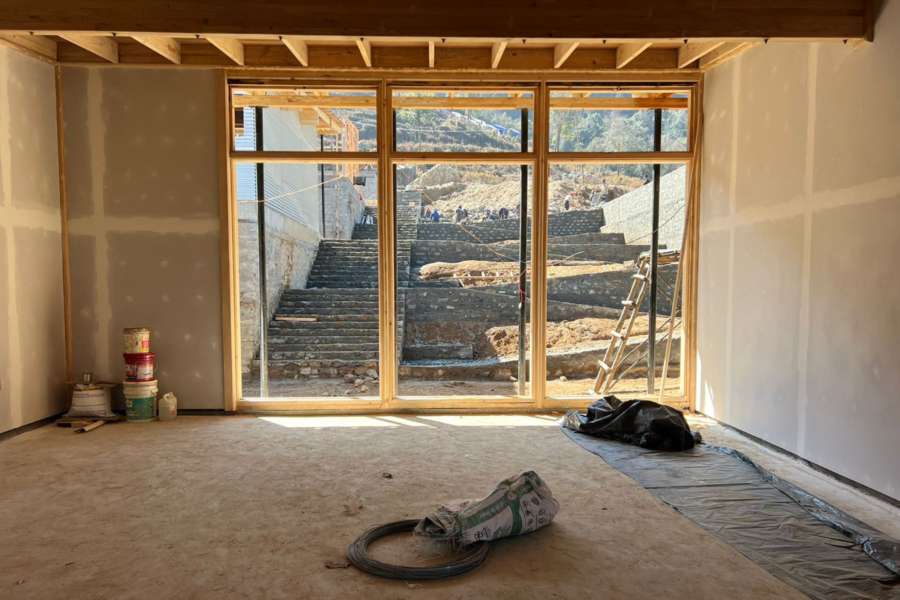Potential, Cultural Safety, Hope: Education at the Yangri Academic Centre (YAC) Through the Eyes of a Canadian Teacher
By Kirsten Froyland
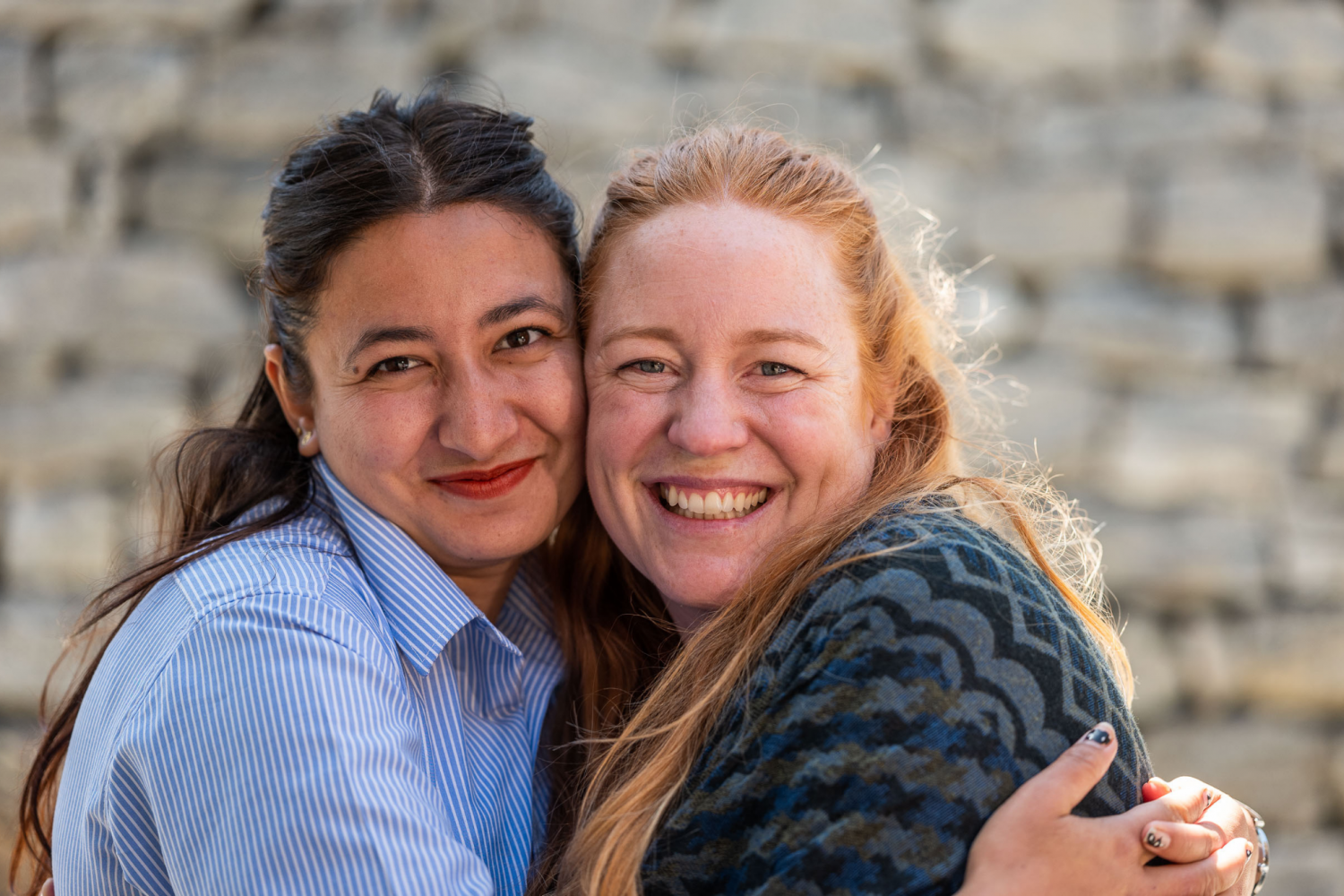
As a teacher who has been to visit Himalayan Life’s educational programs in Nepal, I struggle to find the right words to clearly articulate why the foundational educational shift Himalayan Life is establishing is so inspiring. In 2019, Ms. Ann Copp and I were invited to Nepal to meet with the educators at the Yangri Academic Centre. Ms. Ann Copp, a principal, was to work directly with the principal at the Yangri school facilitating school planning and administrative guidance. My role was to provide support to the teachers through practical teaching strategies, establish a process to support students with unique learning needs (Individual Learning Plans) and encourage my fellow colleagues at the Yangri Academic Center. This adventure will forever mark my career and inform the values I hope to foster through my pursuit of lifelong learning and those I support in this process.
FIRST IMPRESSIONS OF YAC
It was quickly apparent that Yangri Academic Center is the alternative to an archaic educational model of traditional schooling in Nepal, a system that is rigid, state-run and does not have space for all children, including girls and children with unique learning needs. Hearing first-hand accounts of the teacher’s personal education journey in their formative years and their desire to be part of the change were breathtaking. Having grown up in Canada and benefiting from the privilege of this fortune and our robust educational system, it is a challenge to truly relate to their stories as they are vastly contrasting to my own. It is so important to hold their stories dear and know it is not our Canadian experience informing this watershed shift in education in Nepal, but rather stakeholders committed to living the shift in education in the Himalayas themselves, these change-makers are the individuals I met in the Yangri Academic classrooms.
Honestly, I did have some reservations about the structure of the school as I am acutely aware of the negative impacts colonial educational models have on family structure, language preservation and culture. I was keen to better understand how Himalayan Life was mitigating the harm (even if well-intentioned) within the communities the Yangri school is serving in spite of being a school with a student residency program away from home communities. I can confidently attest to the fact that the building blocks of this model school have been identified by all community stakeholders and embraced by Himalayan Life. These values including HONOUR, RESPECT, GROWTH, BELONGING, CARE are represented in all aspects of daily life at the school including enhanced curriculum in classes for students that also meet Nepali government regulations. Various languages are embraced and represented within the school as are cultural traditions and celebrations. An area the school’s values particularly shine is the engagement in literacy classes for the women in the community.
CULTURAL SAFETY
I found Himalayan Life strives to ensure cultural safety, a principle we in the west are practicing applying systemically in education, justice and healthcare. Cultural safety is based on respectful engagement. Cultural safety strives to address power imbalances, such as providing access to meaningful education for all children in the remote Yangri Valley regardless of physical/learning/cognitive disability, socio-economic background, family history and gender. The result of this principle in action is exactly what I witnessed firsthand, a learning environment that endeavours to be free of discrimination. It is a learning environment where students are safe while they are learning emotionally, physically and culturally. Students have the freedom to grow while their essential needs are being met. I found the children actively engaged in the learning process, curious kids engaged in meaningful lessons. Maybe most impactful, I found students who were so invested in the process I wondered how we could foster this level of buy-in from our own students at home.
MULTI-GENERATIONAL LEARNING AND COMMUNITY
A unique aspect of the fabric of the Yangri Academic Centre’s daily culture I experienced on my visit was how multiple generations were present at the campus at any given time. Community members, including mothers and fathers who were on the school board, gathered to officially welcome us upon our arrival. Grandmothers trekked down from the surrounding hills to pay hydroelectric bills and greet grandchildren along the way. The farm of one student’s grandparents can be seen from campus, this farm in particular, provides food for the bellies of the Yangric Academic Centre as do many other farms surrounding the school. One of the educational assistants, a young mother herself supported students with her toddler in tow. This was my favourite example as it provides a beautiful opportunity to support students’ social/emotional development (including fostering an authentic opportunity for children to develop compassion and empathy while practicing the values being modelled for them by all staff members at the school).
A PLACE FOR GIRLS TO THRIVE
Yangri Academic Centre provides a crucial alternative to girls in this remote place, it provides them with hope and the ability to dream of a future beyond domestic duty or arranged marriages or even the trappings of human trafficking made possible through education. Meeting the female students at the school I was filled with hope for they are so capable of being the next generation of leaders. They are learning to be confident, to hone the skills necessary to participate in society as contributing citizens. Since my trip to the Yangri Valley, I have received consistent updates as to how the Individual Educational Plans established on our visit have supported the students attending the school with unique learning needs. I am ecstatic to see the growth these students continue to experience through their educational journey that would have otherwise been fully denied to them based on discrimination due to disability.
EFFECTS OF COVID-19 AND MOVING FORWARD
As Covid-19 continues to impact our daily lives, the impacts of Covid-19 at the Yangri Academic Center and in the surrounding communities are profound. As I type this Life Log entry I am scared for my friends, my fellow colleagues and for the students. I am afraid those sick will not have access to crucial medical intervention if needed. I know Covid-19 will cause further disruption to education and economic stability in the area causing far-reaching harm. Nepal is a country whose trauma is so acute, this recent wave of Covid-19 will be impactful to its core. While these times are dark, I know there is also light. I continue to hold onto the dream and hope for education in the Yangri Valley. The foundation of this education in Nepal is built on innovation, self-determination, community engagement, self-knowledge, self-worth, and the healing of generational trauma. I believe this school will help its students and its country to go forward in a good way.
Yangri Academic Center fosters possibilities for all its students. It is a catalyst for intentional change, development and growth in the lives of the children and communities it serves in the Himalayas. The ripple effect is yet to be seen and has just begun to spread its light.

